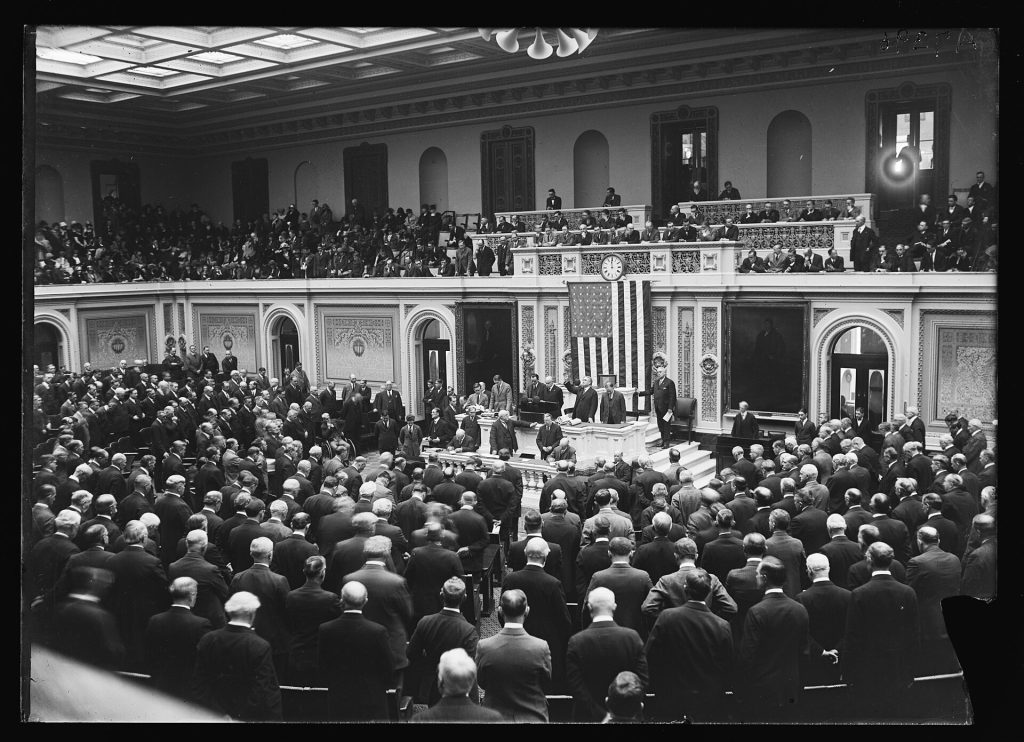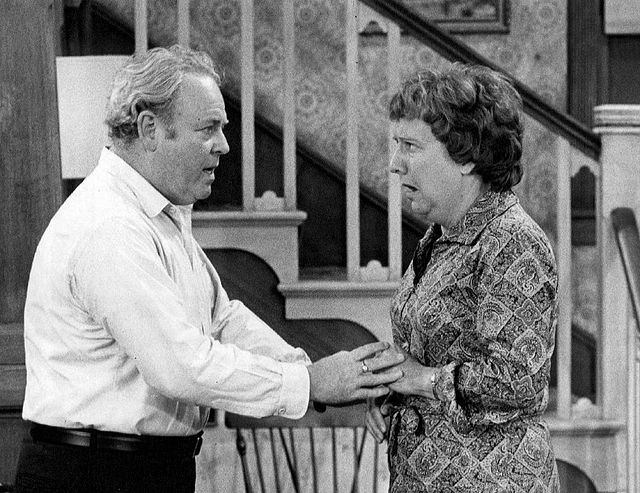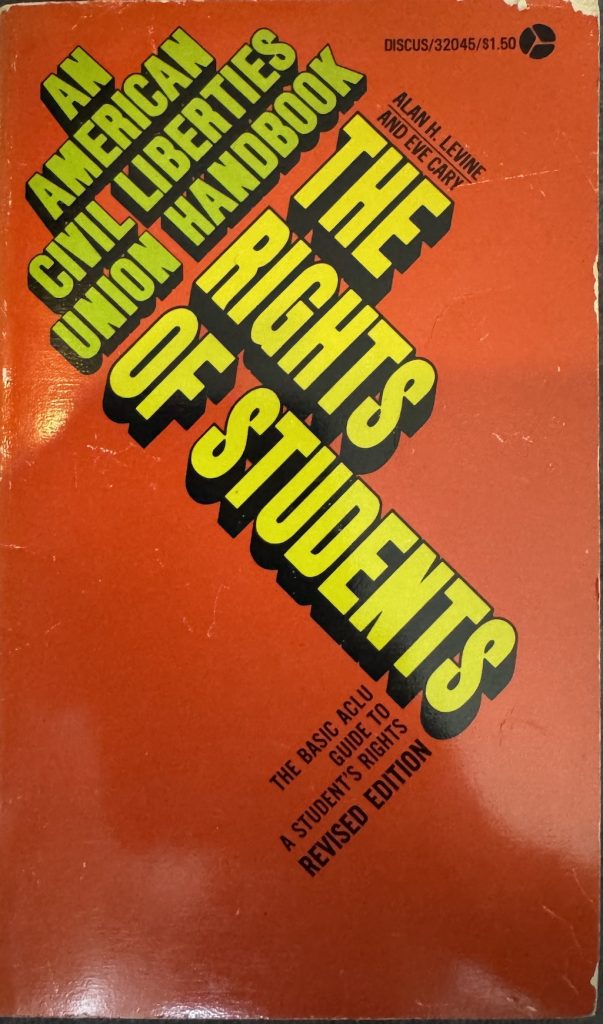This week, these nine members of Congress from Maryland voted along party lines in favor of a government shutdown. While their staffs flooded constituents with emails about how much they’re doing for the already-displaced federal workers, they voted to stop the pay and the public service of over six million more.

From the House, freshmen members John Olszewski Jr., April McClain-Delaney and Sarah Elfreth joined 44-year veteran Steny Hoyer, as well as Glenn Ivey, Kweisi Mfume, and Jamie Raskin were among the almost-unanimous Democratic Party rejection of an eleventh-hour attempt to prevent shutdown.
In the Senate, Maryland’s Chris Van Hollen and Angela Alsobrooks ignored Senate Minority Leader Chuck Schumer’s appeal to reason and also voted for shutdown.
Old news? Not really. The federal government is only funded through September, which means, in six months, this piece of political theater will be revived, probably to even more dismal critical response. Is this an effort to stay in the news as the Executive Branch grabs all the headlines? If so, it’s ironic that our elected “representatives” can only be relevant by not doing their jobs.
Continue reading







